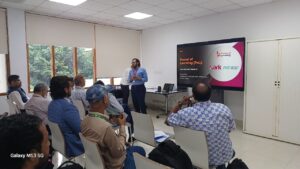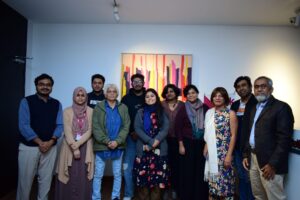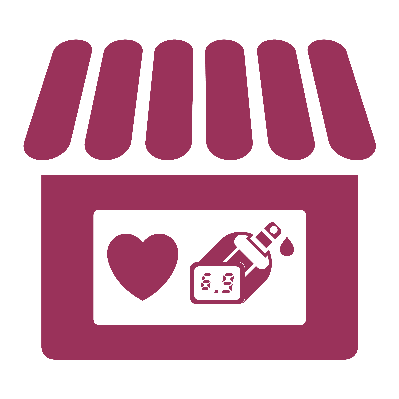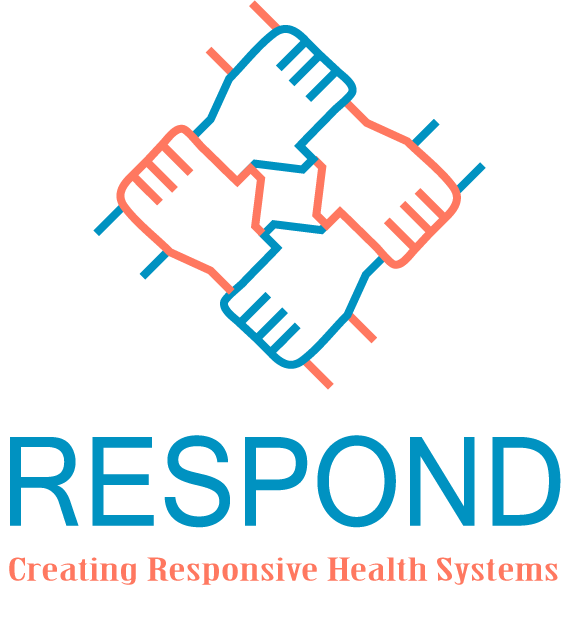
The “Power of Learning” programme is a research initiative by the Dutch Ministry of Foreign Affairs (MFA) in collaboration with MannionDaniels, UK, actively engaging the Civil Society Organizations (CSOs) in Bangladesh along with six other countries. In Bangladesh, the ARK Foundation is serving as a knowledge and research partner in this multi-country initiative aimed at strengthening civil society.
The programme aims to create a safe, inclusive and localised learning environment that supports CSOs to share and strengthen their practices. Multiple workshops with different CSOs in Bangladesh highlighted two major challenges, commonly referred to as “wicked” problems. A wicked problem is a complex issue with interconnected components that influence each other and present multiple potential solutions. Solving wicked problems requires a collaborative approach involving various organizations with differing agendas that requires multiple interventions to achieve immediate and long-term outcomes.

This highlights the need for innovative and cooperative methods to effectively tackle complex societal challenges. The key objectives are to identify the factors impacting civic space and examine how legal and institutional frameworks influence this, particularly regarding diversity in leadership, gender, and marginalized groups and explore the strategies CSOs use to navigate challenges related to shrinking civic space and the enabling or hindering factors involved and proposing strategies for various stakeholders to counteract the decline in civic space and to explore what strategies could be effective for alliance building and the requirements for CSOs and stakeholders.



